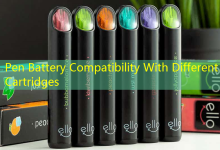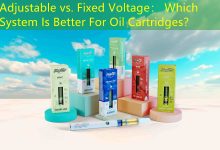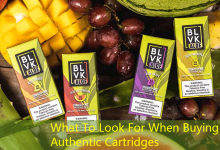Whakatuwheratanga
I roto i te ao e tipu ake ana mo te tipu, Ko nga rauemi a te kaata ka whai waahi nui ki nga wheako kaiwhakamahi e rua me te tiaki hinu. E rua o nga rauemi e whakamahia ana mo nga kaata ko te karaihe me te kirihou. Ma tenei tuhinga e tirotiro nga ahuatanga, painga, me nga ngoikoretanga o enei taonga, Te awhina i nga kaihoko ki te whakatau i nga whakataunga mo o raatau whiringa pooti.
Material Characteristics
Glass Cartridges
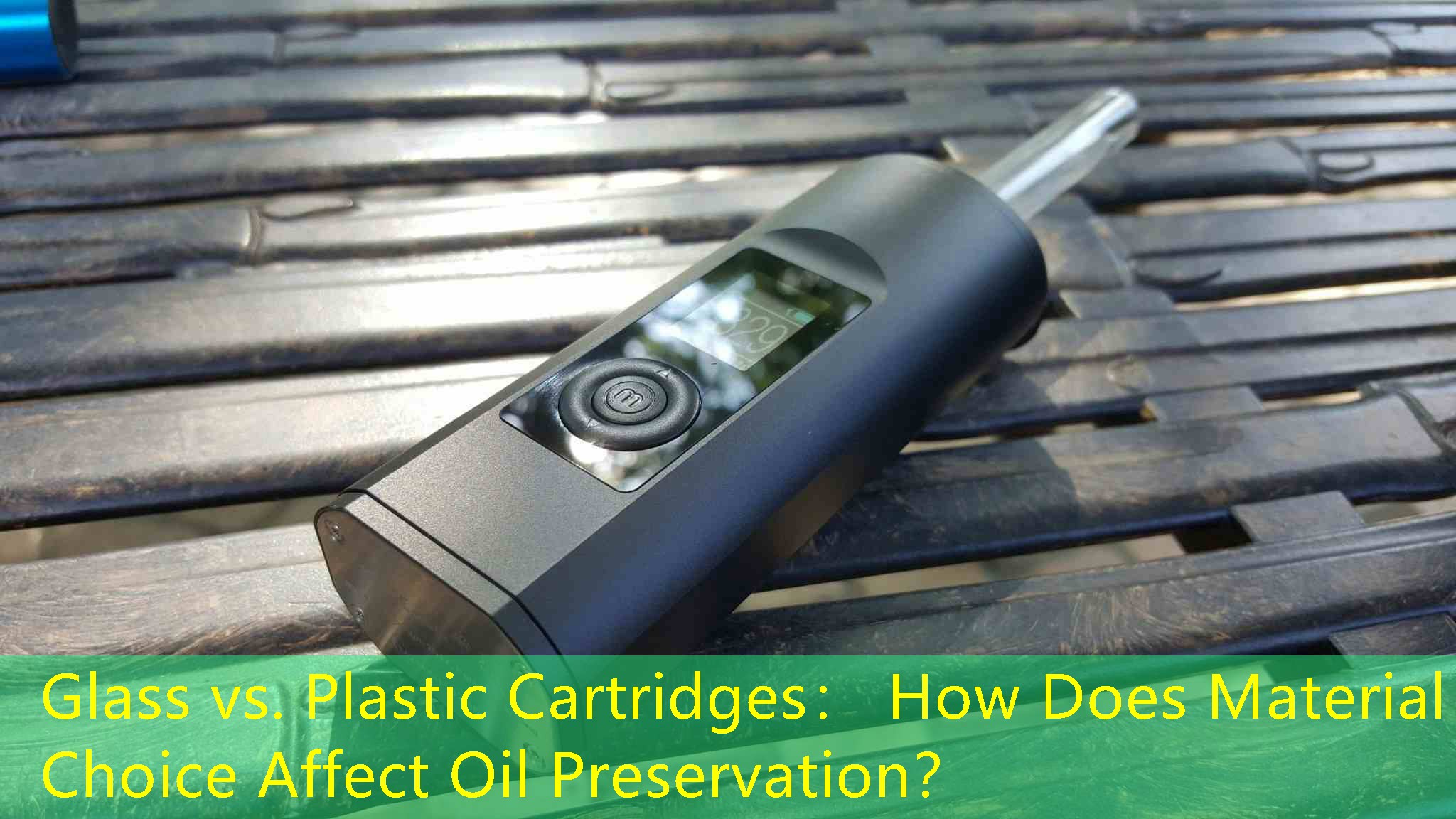
Glass cartridges are often praised for their durability and inert properties. I hangaia mai i te karaihe Borosilicate, he ātete ki te wera me te matū, e awhina ana i te aukati i te whakarereke o te hinu hinu i te waa. Ka tukuna ano e te karaihe tetahishetic, he maha nga wa e whakaatu ana i nga hoahoa o te koa e whakarei ake ana i te wheako reanga katoa. Hoianō, Ka taea te taumaha te karaihe me te nui ake o te ngoikore ki te kirihou, posing potential risks during transport.
Karapu kirihou
Plastic cartridges, usually made from PET or PCTG, are lighter and less prone to shattering, making them more portable. They are often more cost-effective to produce and purchase, which can be an attractive feature for budget-conscious consumers. Hoianō, plastic materials are susceptible to oil absorption, which can compromise flavors and lead to faster degradation of the cartridge itself.
Te wheako kaiwhakamahi
Vapor Flavor Preservation
When it comes to preserving the integrity of oil, glass cartridges tend to excel. Their non-reactive surfaces ensure that the flavor profile of the oil remains intact, offering vapers a consistently pleasant experience. Hapa, plastic cartridges can leach into the oil, resulting in altered tastes over time. For serious connoisseurs, this difference in flavor preservation can significantly impact overall enjoyment.
Te ngawari o te whakamahi
Both glass and plastic cartridges are typically designed for easy filling and handling. Hoianō, glass cartridges generally require careful handling due to their fragility. I tetahi atu taha, plastic cartridges are easier to carry and are less likely to break, catering to users who are often on the go.
Comparison with Competing Products
Against other cartridge options, such as ceramic and disposable cartridges, glass and plastic both present unique advantages. Ceramic cartridges offer exceptional flavor and aroma due to their inert nature, yet they are often more expensive than their glass and plastic counterparts. Disposable cartridges, while extremely convenient, may not provide the same quality preservation or cost efficiency over time.
Painga me nga ngoikoretanga
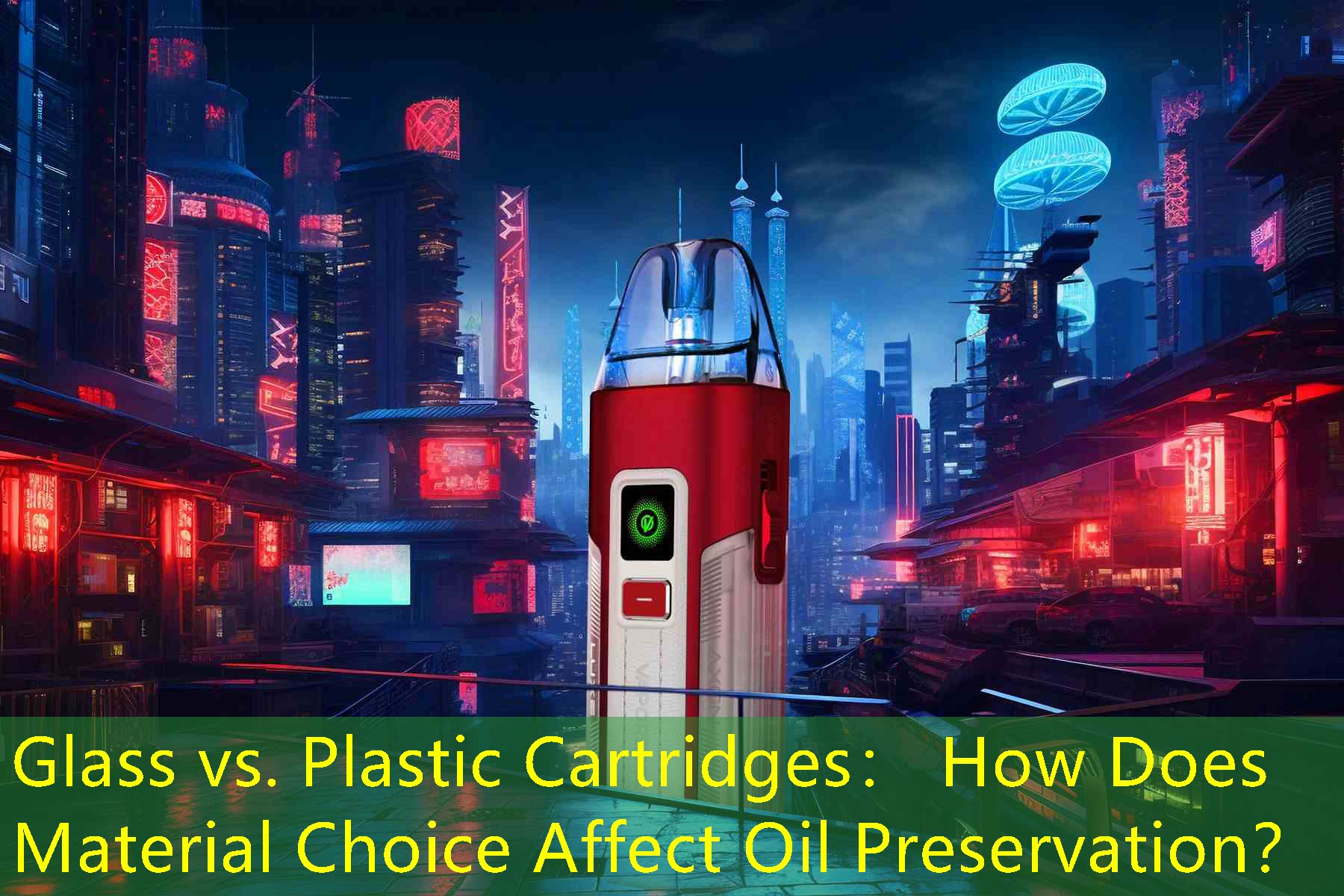
Glass Cartridges
Painga:
– Superior flavor preservation
– Inert chemical properties
– High-end aesthetic
Ngoikoretanga:
– Heavier and fragile
– Typically more expensive
Karapu kirihou
Painga:
– Lightweight and unbreakable
– Cost-effective
– Convenient for travel
Ngoikoretanga:
– Potential for flavor alteration
– Less durable in terms of long-term use
Te tātaritanga roopu kaiwhakamahi e whaaia ana
The choice between glass and plastic cartridges largely depends on the user demographic. Aficionados and frequent vapers might prefer glass cartridges for their flavor preservation and aesthetic appeal. Hapa, casual users or those new to vaping may lean towards plastic options for their practicality and affordability. Hei whakarāpopototanga, understanding the pros and cons of each cartridge type will ultimately empower users to align their choice with their personal vaping preferences and lifestyles.

